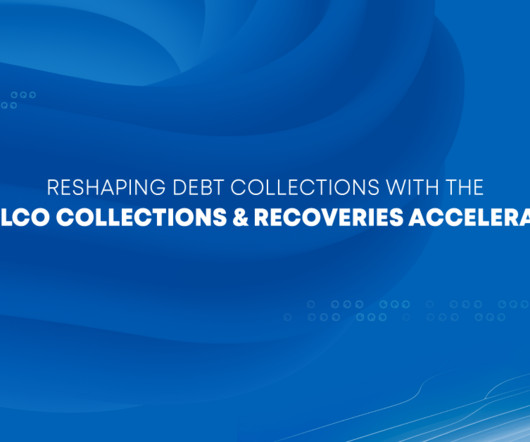What Happens to My Personal Loan After Bankruptcy?
Sawin & Shea
OCTOBER 26, 2022
When filing for bankruptcy, you can discharge certain types of personal loans, meaning that you’re no longer legally responsible for paying off the debt. If you’re considering filing for bankruptcy, you need to know what personal loans you can discharge and which filing method best suits your financial situation.



















Let's personalize your content